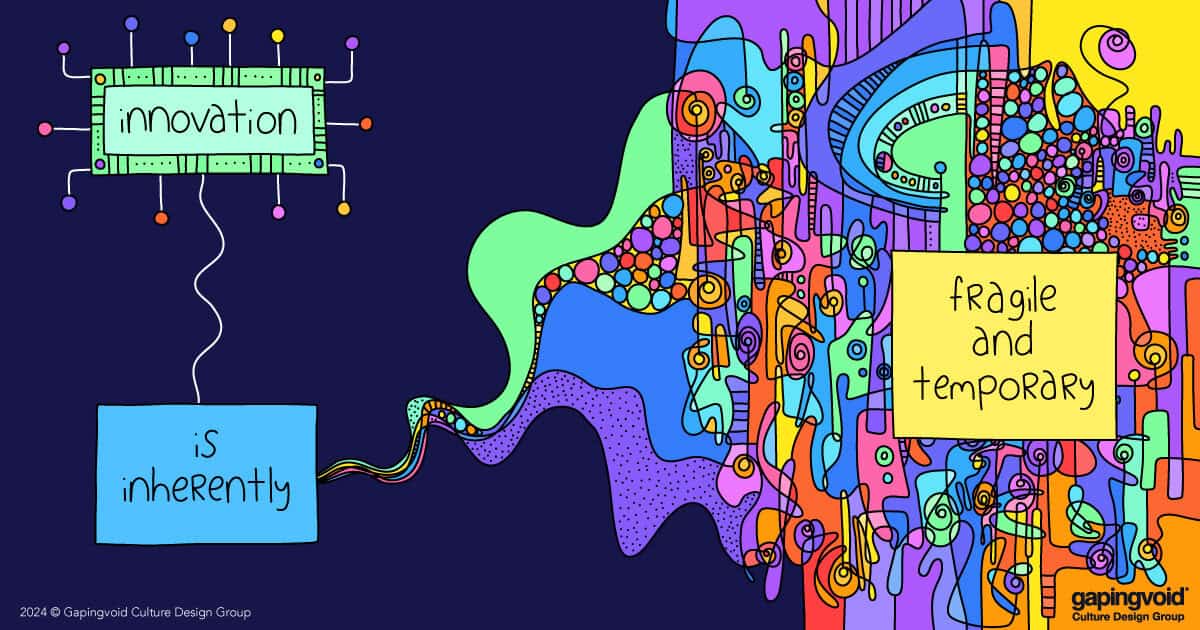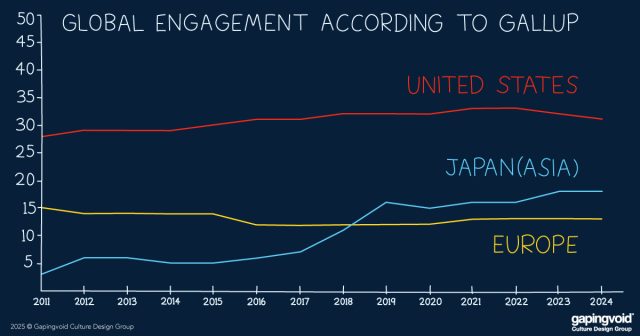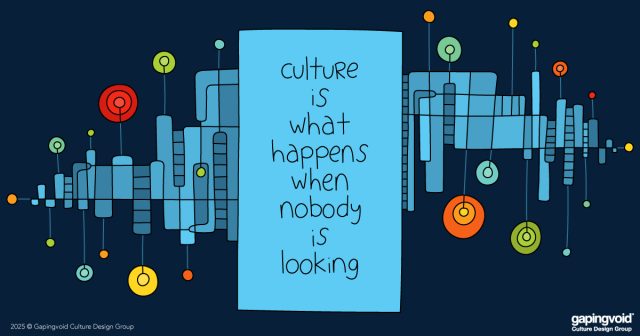
It’s that Burning Man time of the year again, when with a predictability you can set your watch to, the internet becomes flooded with the perennial question: “Has Burning Man jumped the shark?”
Maybe this year they’re onto something.
Attendance is down. Every year since 2011, the festival sold out almost instantly. This year, tickets were still available as late as last week.
Google searches have also dipped, despite the fact that a cartoon of the Burning Man effigy was Google’s first Google Doodle).
It’s not that something has gone wildly wrong. It’s that the magic seems to be fading. Burning Man used to be offline. It used to be radical and transformative for those few thousand people “who were in on the secret.” Now as internet entrepreneur, Loic Le Meur, pointed out: everyone’s faking it for Instagram.
“Burning Man lost its most important quality for transformation (and creativity) with Starlink. People used to be completely offline. Now everyone can follow it on Instagram and therefore everyone is faking everything to try to look cool or play theatre.”
This isn’t unique to Burning Man. It’s the story of every innovative “scenius,” a term coined by Brian Eno to highlight how artistic genius rarely flares up in a solitary manner, but usually as a part of a very bright social “scene” of talented people. For Burning Man, it was a small group of creative San Franciscans known as “The Merry Pranksters.” But it could be Michelangelo and friends in Milan, Andy Warhol, David Byrned, Debbie Harry and chums in New York, or David Bowie and Robert Fripp in Berlin.
The cycle is predictable: pioneers create, people imitate, and then the real innovators and artists move on.
Sceniuses have short lives. Very short ones. They are inherently unstable because magic is unstable. It’s hard to keep lightning in a bottle.
When you hear (to quote Yogi Berra) “Nobody goes there anymore, it’s too crowded,” it’s time to move on. Time to let go, time to build the next thing.
The trick, as always in life, on or off the Playa, is to recognize the finite nature of creative environments and reinvent before the decline sets in. Perhaps we should stop asking ourselves if Burning Man has jumped the shark or lost its spark, and start thinking about where we’ll light the next fire.



